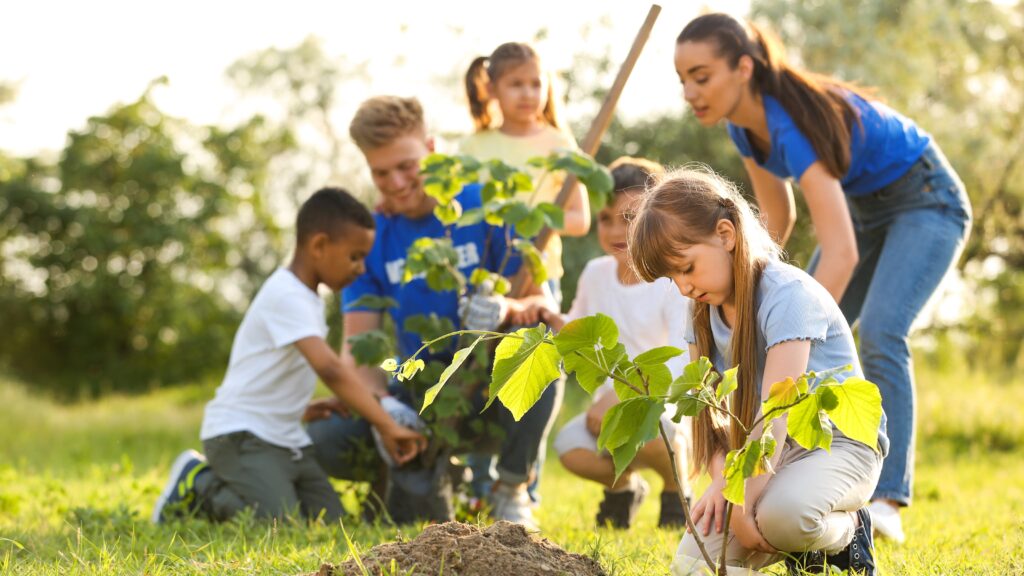Julian Roberts-Grmela | September 22, 2023
(Chalkboard News) — Community schools are popping up across the country, but what are they? What makes them unique or different from other schools?
José Muñoz, the national director at the Coalition for Community Schools, said community schools are different from their conventional counterparts because they partner with community members to help students succeed.
He said community schools emphasize the importance of listening to student’s unique needs and the barriers that are hampering their learning and then collaborate with the community to help students prosper.
“A community school is simply a way a school operates,” Muñoz said. “It’s just a way to organize the relationships and resources for young people to be better off.
Muñoz said community schools hire community school coordinators to facilitate engagement with students, families, community members and school staff. But since community schools are all about partnering with the community, Muñoz said sometimes those salaries are covered by partner organizations or other city agencies.
“It’s a unique role in schools, but the core purpose is for them to facilitate the engagement of young people, especially those who aren’t doing well, learn why that’s happening,” Muñoz said. “Then facilitate the engagement around that and put things in place that mitigate issues.”
Chester E. Finn, a distinguished senior fellow and president emeritus at the Fordham Institute and a senior fellow at Stanford’s Hoover Institution, wrote in an email to Chalkboard that he isn’t a critic of community schools, but he does worry they can include schools that deemphasize academics.
“Community schools is a sort of catch-all term that can include schools that aren’t placing academics front and center where they belong,” Finn wrote.
Muñoz said that community schools prioritize academics, but he thinks that in order for students to succeed academically, they sometimes need help with non-academic issues that are obstructing their learning.
“It’s like hiring somebody and not giving them benefits,” Muñoz said. “Why do we put kids in schools and say ‘just go learn’ and not take care of the other things that are very often barriers to their learning.”
Muñoz said community schools have been most popular in communities with moderate voters.
On the far right, Muñoz said he’s seen criticism calling community schools a “communist strategy.” On the far left, he’s seen criticism claiming community schools are trying to “privatize public schools” because they sometimes rely on public-private partnerships.
Muñoz said that despite some criticism from both ends of the political spectrum, he said they are largely a “bipartisan” issue that has gained popularity despite growing partisanship around many education issues.
“It just makes sense,” Muñoz said. “It makes sense when you are taxpayer dollars and you want to help people improve upon their lives for the betterment of your whole community, that you will facilitate that process and then you will leverage every resource to do so.”
